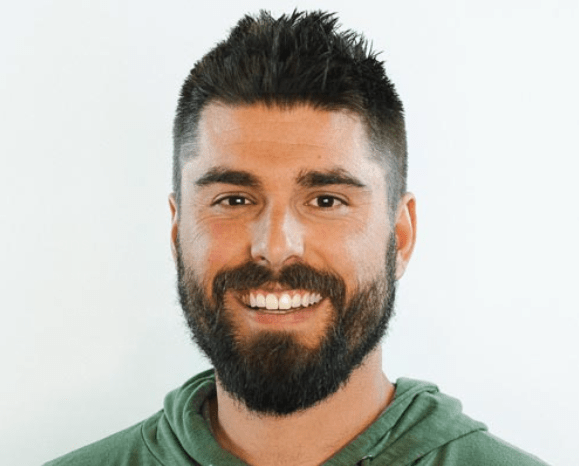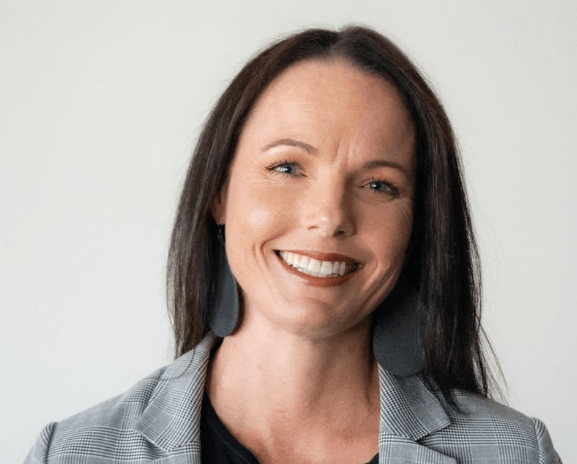HRC Ministries Lists Property for Sale to Help More Sex Trafficking Victims
This news story was made possible by contributions to FāVS from readers like you. Thank you.
News Story by Cassy Benefield
HRC Ministries wants to sell a piece of property they say they know God provided for them. Purchased in 2019, the property provided a safe space in a renovated home for women coming out of sex trafficking.
The house, located in Latah, Washington, about 35 miles south of Spokane, was used as a long-term care facility where women could spend up to 18 months, receiving help to reintegrate back into society.
HRC is the only organization that focuses on the long-term and trauma-informed care trafficked women need within 250 miles, said Caleb Altmeyer, HRC’s founder and executive director.
A Better Understanding of Helping Victims
“I think we’re now having more of an understanding of just helping victims coming out of trafficking, like holistically, from outreach all the way to reintegrating back into society,” said Altmeyer. “So, we’re just praying through what that looks like and how we can better utilize our team and our resources. That’s when we decided that we’d be better off if we sold the property.”
When Anja Khoma, HRC’s anti-trafficking program director, first saw the home, she remembers Altmeyer sharing with her his vision of using this home as a place where their clients could “feel and know they are a daughter of the king when they walk in here.”
“His heart was ‘I want to give them the best. They have been served life’s worst, and I want to give them the best,’” Khoma said. “That was the heart in which that was the building that was chosen … the number of people we could help and the message we were sending to them about their worth. That they were worth living in a building that was that gorgeous.”
Challenges with the Property
The home was used for two years. During that time, however, one of the challenges of this 11,983-square-foot, converted schoolhouse was the distance away from many services the women needed.
For example, the survivors have many medical needs when they start in their programs, and most of that care comes from emergency room services, a 45-minute drive one way, Khoma said.
“When you have multiple residents, you know four to six residents, that are there and coming in and each one of them, at minimum, when they first come in, is having one to two doctor’s appointments a week, that’s a lot of driving and a lot of coordinating,” she said. “And so for the best client care for our residents, (selling the building) is what had to happen.”
For Sale
Selling the property has not been easy. Before HRC could sell it, they first had to find another safe and anonymous home for the clients in their care.
They also lowered the price $24,000 in February to $675,000. Altmeyer said this amount still gives them the opportunity to recover the $100,000 they used for the renovations.
In addition, HRC continues to pay the monthly overhead on the Latah home while paying for their clients’ new location.
More Money To Better Help
“To be able to utilize that money in the capacity to help more people is really what we want to do, which is why we want that sold as quickly as possible,” Khoma said.
Selling it quickly has not been the reality, though. The property has been on the market for a year and has been through three failed closing contracts.
So, Altmeyer tried something different and emailed HRC supporters on March 22, asking for their help to sell the property.
Asking for Help
“From our perspective, the amount of phone calls and the amount of need there is to help people coming out of trafficking is significant in town. So, yeah, we just want to be able to use our finances to the best of our ability,” he said. “And having that overhead and a lot of our money invested in that property is not necessarily the greatest situation for us at the moment.”
Altmeyer’s wisdom with HRC’s financial resources is one of the reasons Titus Hug, owner of Hug Construction, said he has given to the ministry over the years.
“I think he has a good network of accountability when it comes to finances,” Hug said.
The Mission
Not just that, Hug said he believes in HRC’s mission.
“I don’t think people realize how much (sex trafficking) is actually going on,” he said. “I think that they’re a little bit of the tip of the spear to really kind of bring up some of these conversations and to also address the problem and be part of the solution.”
While the Latah home was part of that solution, Altmeyer believes God is guiding them to better meet the increasing needs of victims of trafficking.
“I think God used it (the building). We were able to do something great out of it. If we can get our money back out, then it would have been an amazing blessing,” he said.
This news story was made possible by contributions to FāVS from readers like you. Thank you.








